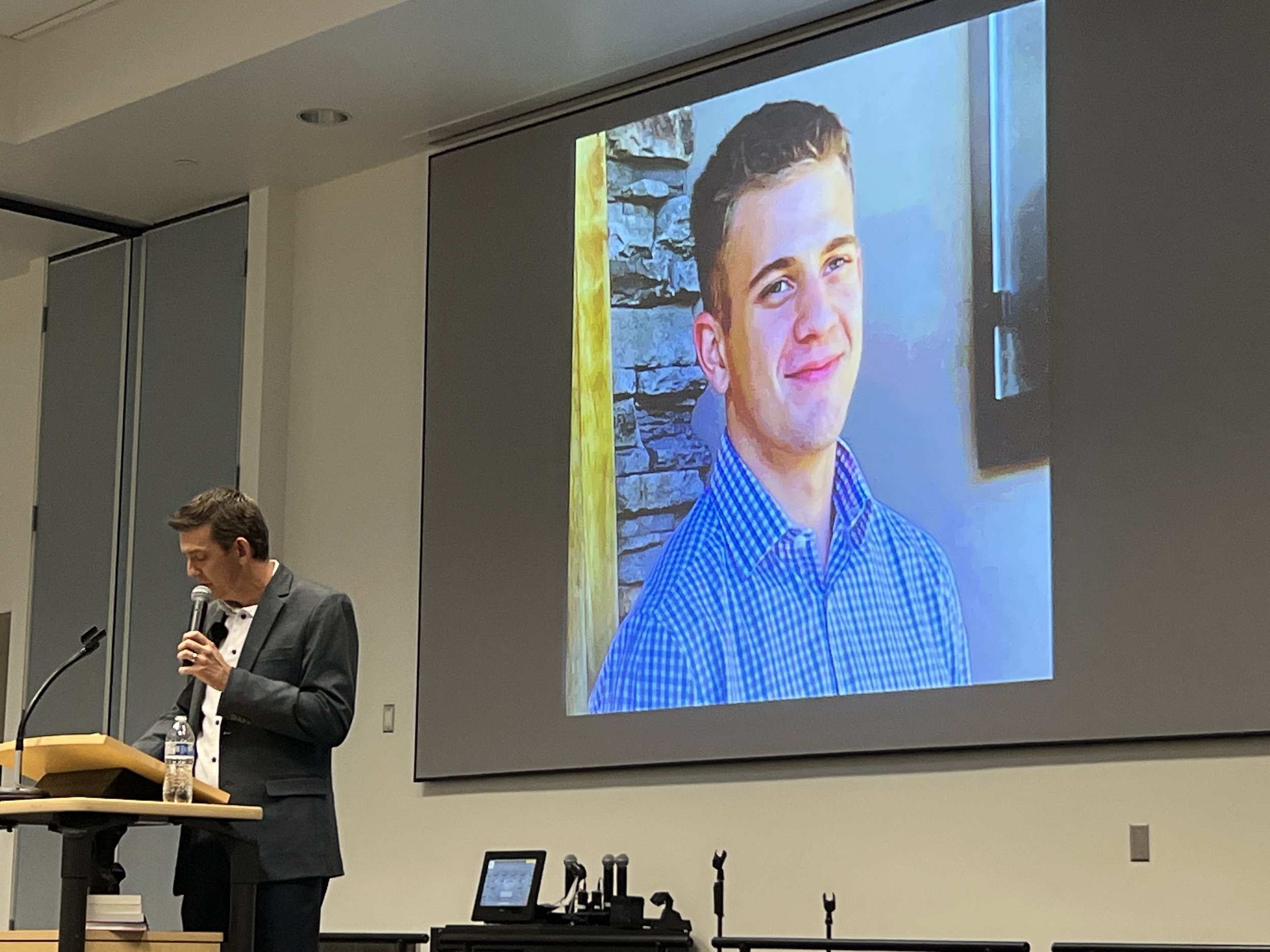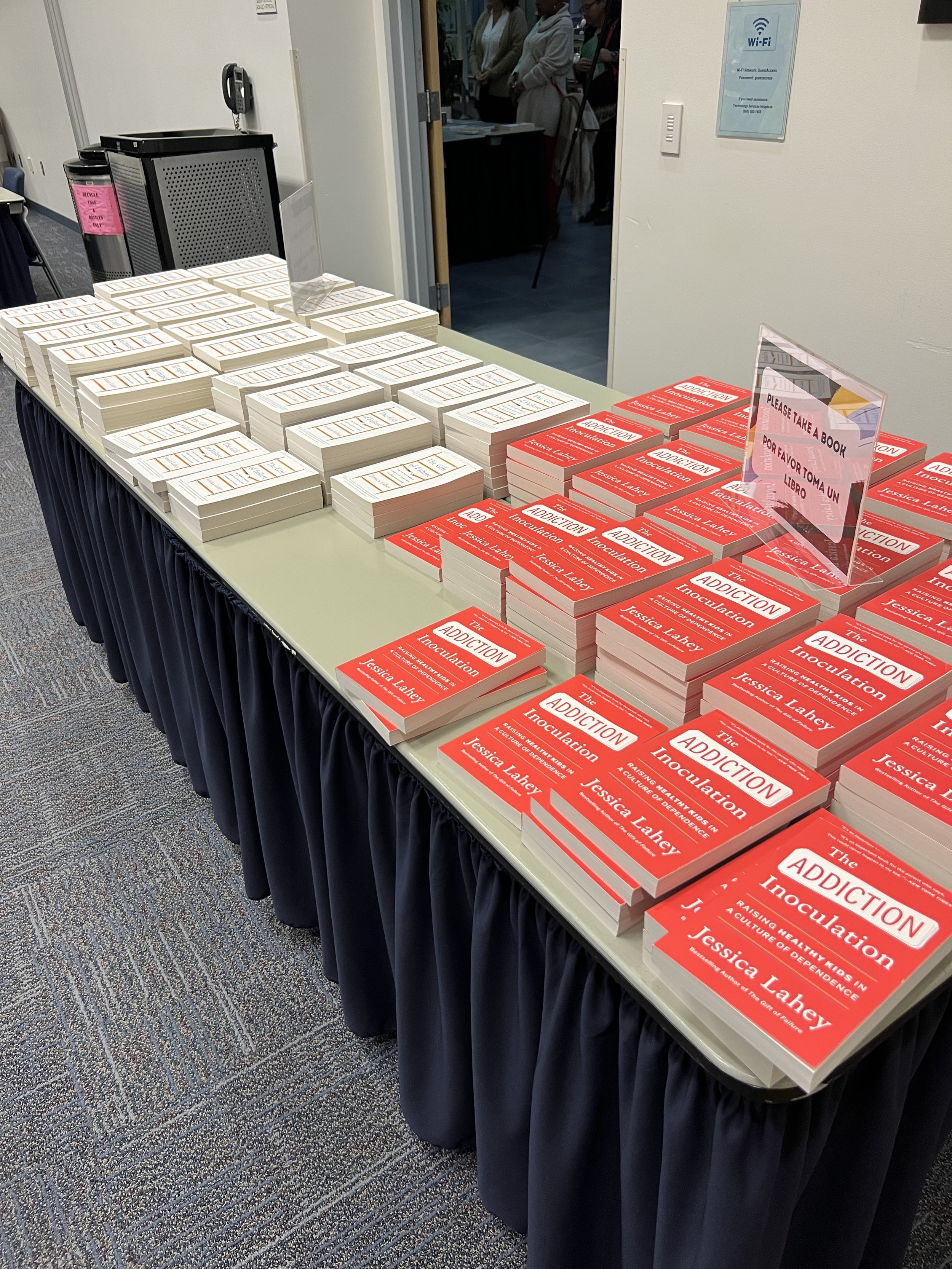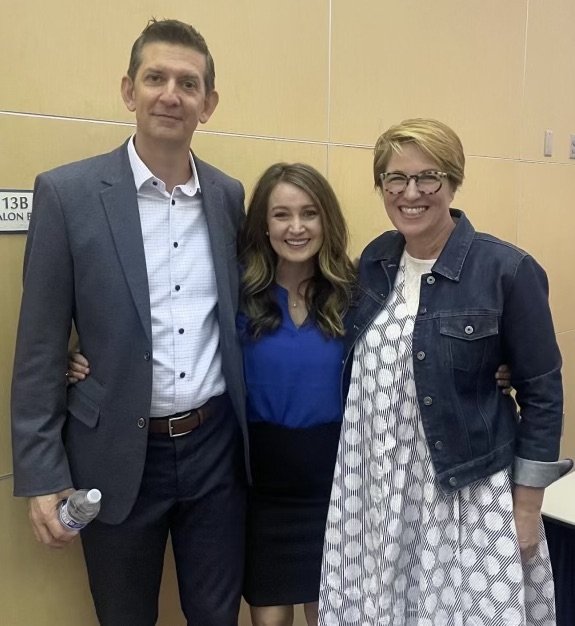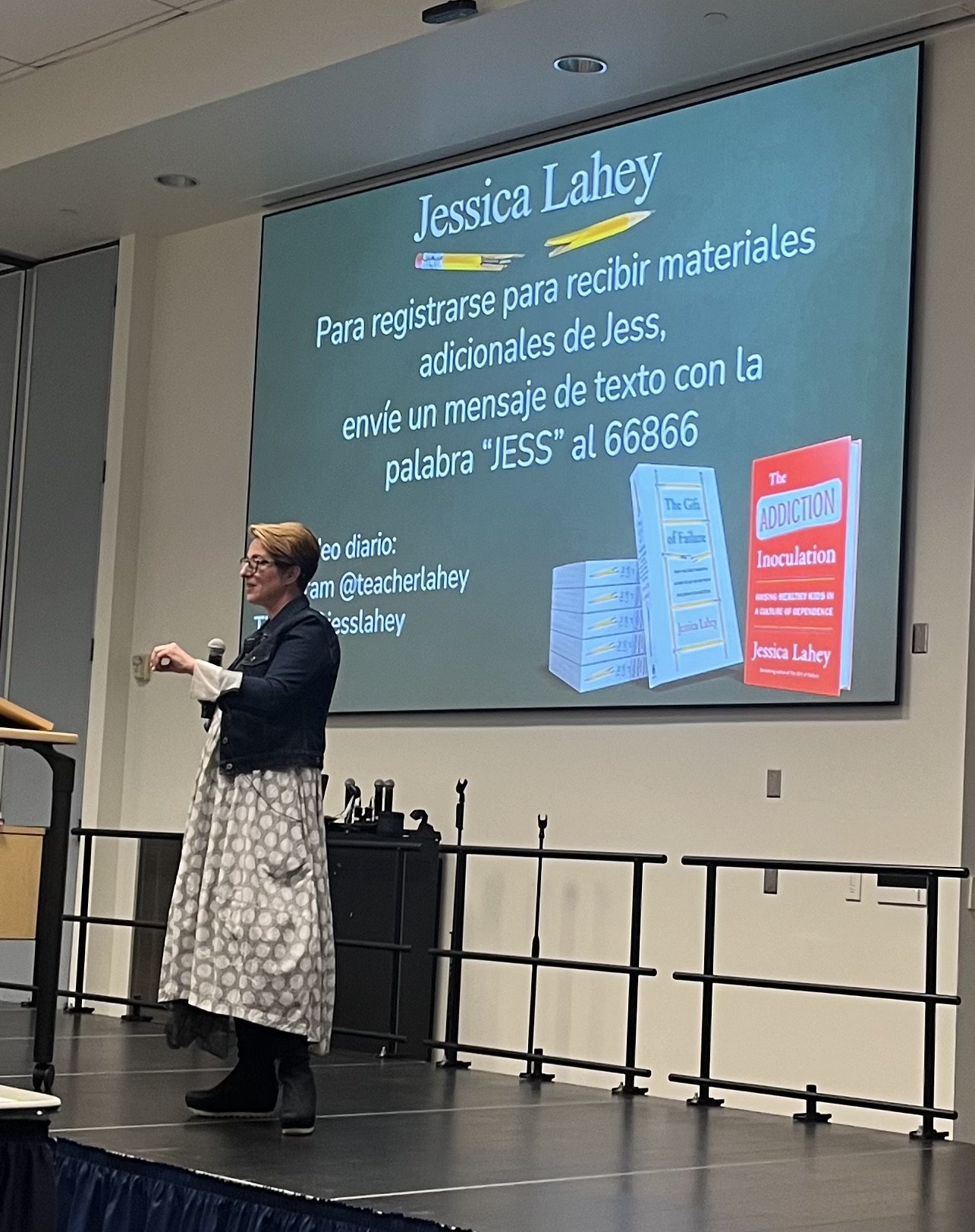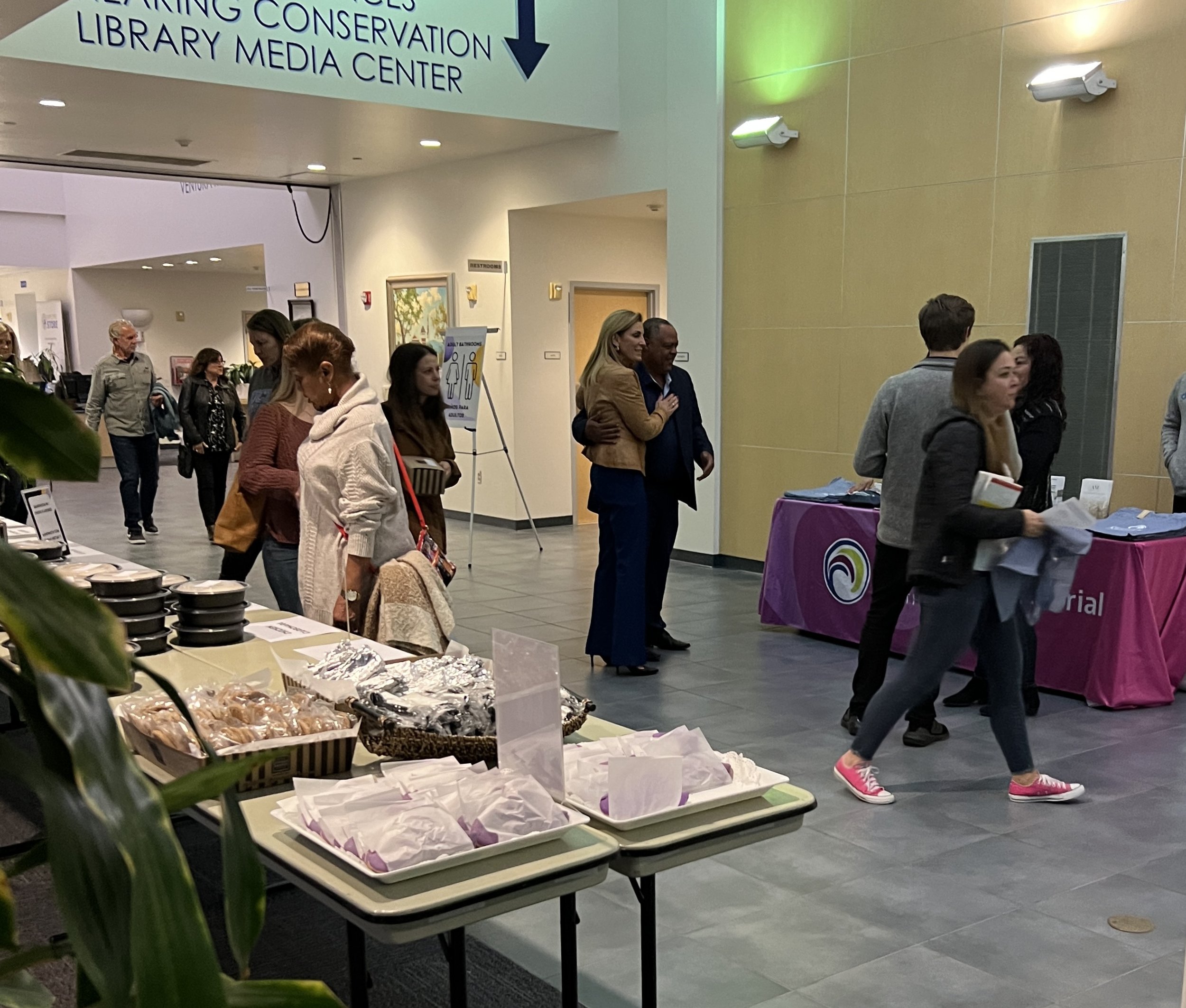In My Wildest Dreams
I just returned from a week of speaking engagements in California, and I had the rare opportunity to see what it looks like when a community recognizes it has a substance use problem and goes all in on evidence-based education and harm reduction.
A few months ago, I got an email from Dr. Ali Shuman, a pediatrician and organizational force of nature at Community Memorial Healthcare in Ventura, CA. She explained that a physician on their staff had recently lost his child to an opioid overdose and he approached her to find out if CMH could do something to ensure their physician staff has access to a quality education in evidence-based prevention, an education they could then pass on to their patients and their own families.
I had no immediate plans to be in California, but I told Ali if she could pull the event together, I’d be there.
Pull it together, she did, and in record time. Earlier this month, I showed up to a feat of community organization beyond anything I’d could have imagined. Ali invited the Ventura County Office of Education to come on as a partner and once they joined forces, they invited everyone - parents, kids, teachers, physicians, social workers, EMTs, grandparents raising grandchildren, foster parents, mentors, community leaders - everyone. They invited and promoted in both English and Spanish, something I often ask for but rarely get. They offered live ASL and Spanish translation, dinner for anyone who wanted to it, and free copies of The Gift of Failure and The Addiction Inoculation in both English and Spanish. Superintendent César Morales opened the festivities, voicing the district’s full-throated commitment to educating the entire district in evidence-based substance use prevention. CMH handed out free harm reduction supplies. High school kids stayed after the event to ask me how to talk to friends they are concerned about, friends who show up to practice hungover and sick. Fifth graders swarmed me in the lobby before they boarded their bus to hug me, take selfies, get their books signed, and ask for advice on talking to their parents about the stuff that’s worrying them.
It was as if my wildest education and substance use prevention dreams spilled out of my brain and came to life in that auditorium.
And that was all aside from meeting David and Kim Crownover, the people who first tapped the ball and got it rolling. In the year since their son Bobby died from an opioid overdose at nineteen, they have worked to turn their nightmare into a learning opportunity for other families. To be clear: David and Kim are loving, supportive parents, and Bobby’s substance use and subsequent death was not in any way, shape, or form their fault. Parents do not cause substance use disorder, nor are there any guarantees around substance use prevention. However, they know that evidence-based education is our best bet for effective substance use prevention and reducing the number of lives lost. David insists this advocacy and education is what Bobby would want them to do, so they are invested, not just for Bobby’s legacy but for the future of their community.
And hoo boy, their community showed up, both to support David and Kim and to learn.
This is how it’s done, people. Research shows that communities can create their own norms around substance use and those norms, in turn, can reduce substance use. Research also shows that when school administrators like Dr. Morales are all in on substance use prevention programs, those programs are more effective. Evidence-based school-based substance use prevention saves lives and dollars: $18 for every $1 invested, according to SAMHSA. Ventura County, like so many other places across in the U.S., has a serious overdose problem, but they are doing everything they can to change the future for Ventura’s families.
I’m so grateful I got to bear witness that night, to see what it can look like when a community pulls together and does substance use prevention and harm reduction right.


